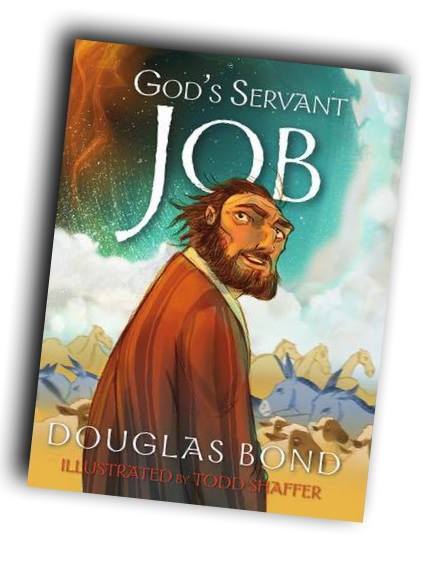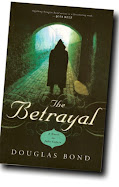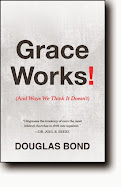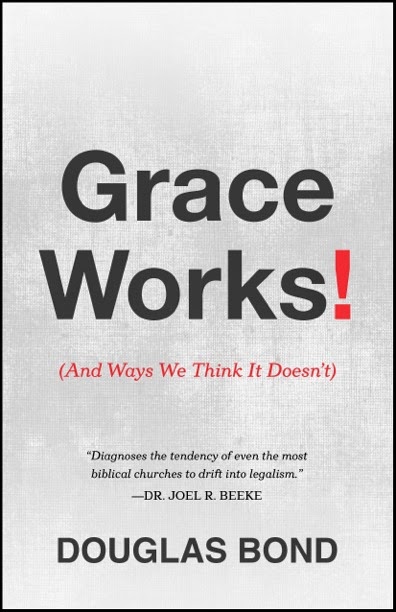John brought another French wine from Nimes, where his daughter and son-in-law and grandkids live. I shared from my day Saturday at a writing teachers’ seminar for high school English teachers, where I developed (or began developing) a talk on the foundations of good writing, all this when I had had enough hearing about the abysmal failure government funded education is.
Doug M led off with a new chapter from his post-WWII historical fiction. He does cocky Marine like second nature, or maybe it’s first nature. He referred to a Negro, but paused wondering how to write race names—the way we say them now, or the way they referred to races in the context of the story. Thomas learns that his girlfriend, now his wife, has had a son, his son.
We discussed again how sin must be portrayed, so that it disgusts the reader, never allures, titillates. We write to honor Christ, write for an Audience of One. How much time do we spend writing? How to use race names for 1949? O’Conner and Twain had their way of going about it, but though it is accurate to the historical context, I certainly would never use prejudicial language.
John S up. Summarizes his contemporary fiction set in Oregon, police officer finds dead baby in the woods. Meanwhile, his 17-year-old daughter finds out she is pregnant, and under pressure to abort from the boyfriend’s mother. Long Ride Home. Emma walks out of the clinic, reads pamphlet on what abortion is and does while she waited for her boyfriend to pick her up. Good job showing how selfish her boyfriend is, and how little he understands what is going on. Maybe Rich should blow off her fears and poo-poo the honest portrayal of abortion. Description needs to be relevant to the protagonist’s circumstances, Emma here longing for normal life, family, home, like the ones passing by the car as they drove; maybe have her see a husband and wife and kids playing together in their yard with the dog—normal life, why can’t I have this, thinks Emma. Rich is confusing me in this dialogue. Why is he being understanding, when he isn’t that sort of guy? Emma should be suspicious. She should be watching his face, his body language, fearful of losing him, hesitant to tell her real fears of having an abortion, and hesitant to tell him what she thought about the gospel she heard from the counselor. Why is he admitting to being a jerk? But then he reverts to his dad’s view of God and religion. When Emma sees Mt Hood and the irises, beauty all around her. Get more out of this description. Prayer discussion. Rich told the story about praying and rain? Is this best for what you are trying to accomplish? John read this at last meeting that I missed. Doug M felt it was improved, fleshed out as he put it.
Carl joined us tonight for the first time. He’s working on non-fiction based on discussion with other men. Recent discussion over the precise meaning of words, such as the difference between ‘mentoring’ and ‘discipling.’ Discussed varied fiction and non-fiction for the ‘Blots. Good to have the varied genre.
Next, I read my Dutch friend Kees’s review of a new book on the Dutch Reformation. Not having read the work, nor being able to verify the inaccuracies, it was a pretty critical review. Without knowing the purpose and venue of the book review, it is difficult to fairly critique the review. Kees clearly knows this history in significant detail, and, what is more, cares deeply about getting that history correct. However, I think that if the book was as inaccurate as it appears to be, I would not have written the review; no sense in unnecessarily creating animosity with other writers. A good review, it seems to me, gives enough of the scope of the work to give a good overview, but also includes appropriate specifics that are strengths of the work, and that show the value of buying and reading the book. I would like to have seen some key quotations that represent the author’s style and content. For the most part, it was difficult to detect that Kees’s first language is Dutch, though there were a few places lacking clarity. I would like to read other things Kees has written.

























No comments:
Post a Comment